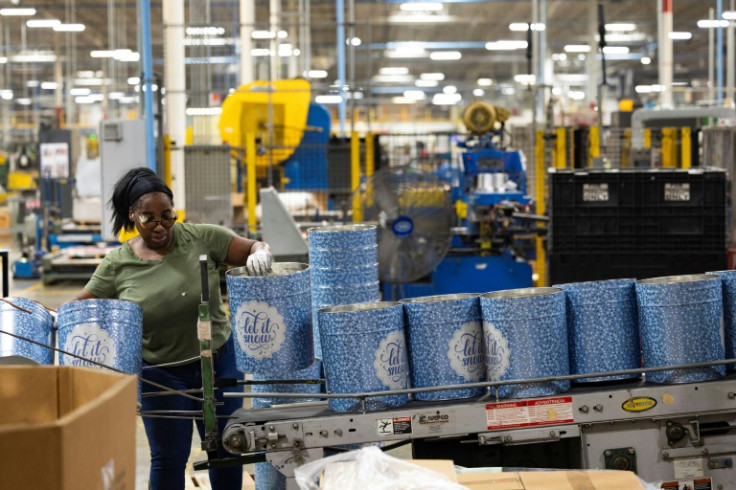In a landscape increasingly dominated by globalized supply chains, the commitment of an independent can manufacturer to U.S. production stands out. This dedication arrives amidst growing debate surrounding trade policies and their impact on domestic industries.
Supporting US Production
The CEO of Maverick Can Company, Sarah Chen, has been a vocal advocate for maintaining and expanding can manufacturing within the United States. “We believe in the strength and resilience of the American workforce,” Chen stated in a recent interview with Industry Today. “Investing in our domestic capabilities not only creates jobs but also ensures a more secure and reliable supply chain for critical goods.” Maverick Can’s strategy involves focusing on specialized can production, catering to niche markets that larger, multinational corporations often overlook. This includes developing innovative, sustainable packaging solutions that appeal to environmentally conscious consumers. The company recently announced a $15 million investment in its Ohio facility, a move expected to create over 75 new jobs in the region, according to a press release issued by the Ohio Department of Development.
The Importance of Localized Supply Chains
Chen emphasizes the strategic advantage of localized supply chains, particularly in volatile economic times. “Relying heavily on overseas production exposes companies to numerous risks, from shipping delays and tariffs to geopolitical instability,” she explained during a panel discussion at the National Manufacturing Summit. “By prioritizing U.S. production, we can mitigate these risks and maintain greater control over our operations.” This approach also allows for quicker response times to changing market demands and closer collaboration with customers. A recent study by the Reshoring Initiative found that companies bringing manufacturing back to the U.S. experienced a 10% increase in customer satisfaction on average.
Questioning Trade Strategies
While supportive of policies aimed at protecting American industries, Chen has expressed reservations about certain aspects of former President Trump’s trade strategy, particularly the imposition of broad tariffs. “While tariffs can be effective in addressing specific unfair trade practices, they can also have unintended consequences, such as increasing costs for consumers and disrupting established supply chains,” Chen noted in an op-ed published in The Wall Street Journal. She argues that a more nuanced approach is needed, one that focuses on targeted measures and strategic partnerships to promote fair competition and protect American interests.
Analyzing the Impact of Tariffs
The effectiveness of tariffs as a tool for boosting domestic manufacturing is a subject of ongoing debate among economists. According to a 2023 report by the Peterson Institute for International Economics, while some tariffs did lead to increased production in certain sectors, they also resulted in higher prices for consumers and retaliatory measures from other countries. Dr. Emily Carter, an economist at the American Enterprise Institute, argues that tariffs should be used sparingly and only in cases where there is clear evidence of unfair trade practices. “A more sustainable approach involves investing in education, infrastructure, and innovation to enhance the competitiveness of American businesses,” Dr. Carter stated in a recent interview with Bloomberg News.
The Future of US Can Manufacturing
Looking ahead, Chen believes that the future of US can manufacturing depends on a combination of factors, including continued investment in technology, a skilled workforce, and a supportive policy environment. “We need to create an ecosystem that encourages innovation and rewards companies that are committed to producing high-quality goods here in the United States,” she said. This includes initiatives to promote STEM education, provide access to affordable healthcare, and streamline regulations to reduce the burden on small businesses. According to data from the Can Manufacturers Institute, the can industry supports over 140,000 jobs in the United States and contributes billions of dollars to the economy each year. Chen’s commitment to US production highlights a strategic direction that prioritizes resilience and domestic growth within the manufacturing sector.
In conclusion, the stance of Maverick Can’s CEO underscores the complex interplay between trade policy, domestic manufacturing, and economic strategy. While supporting the broader goals of protecting American industry, Chen advocates for a balanced and targeted approach, emphasizing the importance of investing in domestic capabilities and fostering a competitive environment for long-term success.
